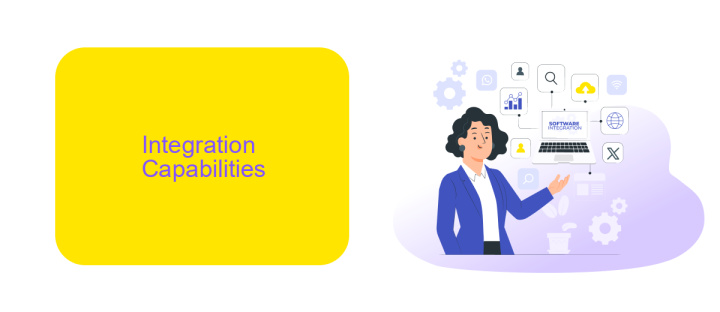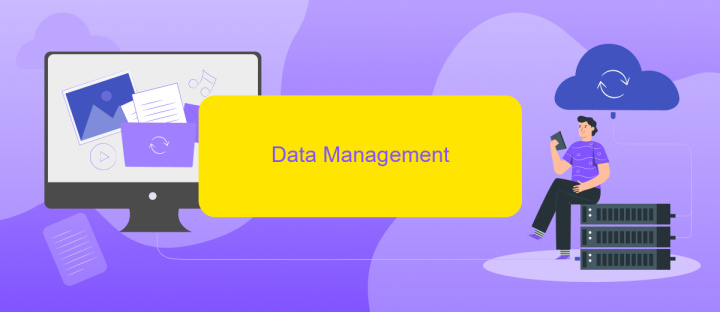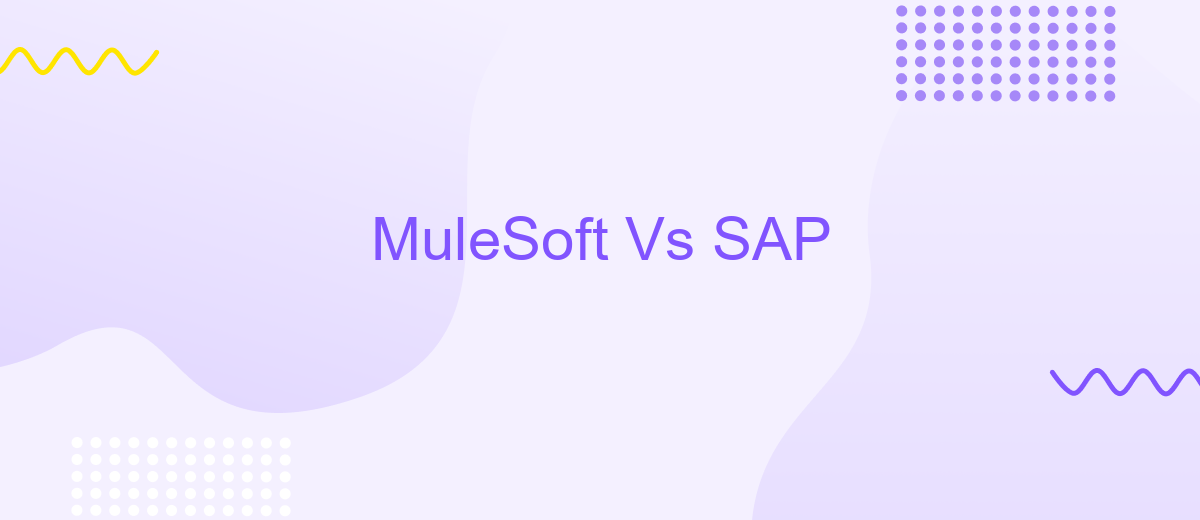MuleSoft Vs SAP
When it comes to enterprise integration solutions, MuleSoft and SAP are two prominent players in the market. Both offer robust tools for connecting disparate systems and streamlining business processes. This article delves into a comparative analysis of MuleSoft and SAP, examining their features, strengths, and ideal use cases to help businesses make an informed decision.
Introduction
In today's rapidly evolving business landscape, integration platforms play a crucial role in ensuring seamless connectivity between various applications and systems. MuleSoft and SAP are two prominent players in this domain, offering robust solutions to address integration challenges. Both platforms have their unique features and advantages, making it essential to understand their capabilities to make an informed decision.
- MuleSoft: Known for its flexibility and extensive API management capabilities.
- SAP: Renowned for its comprehensive enterprise resource planning (ERP) solutions and integration tools.
- ApiX-Drive: A versatile service that simplifies the integration process by automating data transfer between various applications and systems.
Choosing the right integration platform depends on several factors, including the specific needs of your organization, existing infrastructure, and long-term goals. While MuleSoft offers extensive API management and connectivity options, SAP provides a more integrated approach with its ERP solutions. Additionally, services like ApiX-Drive can further streamline the integration process, making it easier to connect disparate systems and automate workflows efficiently.
Integration Capabilities

MuleSoft provides a robust platform for integrating various applications, data, and devices with its Anypoint Platform. This comprehensive solution allows businesses to connect their on-premises and cloud-based systems seamlessly. MuleSoft's API-led connectivity approach facilitates the creation of reusable APIs, which can be leveraged across multiple projects, ensuring faster development cycles and reduced operational costs. Additionally, its extensive library of pre-built connectors simplifies the integration process, allowing users to connect to popular SaaS applications, databases, and other technologies with minimal effort.
On the other hand, SAP offers its own set of integration capabilities through SAP Integration Suite. This suite includes tools like SAP Cloud Platform Integration, which enables businesses to streamline their processes by connecting SAP and non-SAP systems. The platform supports various integration patterns and provides pre-packaged integration content, making it easier for organizations to implement complex integrations. Moreover, services like ApiX-Drive can complement SAP's integration solutions by offering additional flexibility and automation options, helping businesses to further enhance their integration strategies and achieve seamless data flow across systems.
Data Management

Data management is a critical aspect of any enterprise integration strategy, and both MuleSoft and SAP offer robust solutions. MuleSoft's Anypoint Platform provides a unified, highly flexible approach to data integration, allowing for seamless connectivity between various data sources. SAP, on the other hand, offers its Data Management Suite that integrates data across on-premise and cloud environments, ensuring data consistency and governance.
- MuleSoft Anypoint Platform: Enables real-time data integration and API management.
- SAP Data Management Suite: Focuses on data governance, quality, and integration.
- ApiX-Drive: Simplifies the setup of integrations, making it easier to connect various services and automate workflows.
While MuleSoft excels in providing a versatile and developer-friendly platform, SAP's strength lies in its deep integration with its own ecosystem and strong data governance features. For businesses looking to streamline their integration processes further, ApiX-Drive can be a valuable tool, offering an easy-to-use interface for connecting different applications and automating data flows without extensive coding.
Security Features

Both MuleSoft and SAP place a strong emphasis on security, ensuring that data is protected throughout the integration process. MuleSoft employs a multi-layered security approach, incorporating features like data encryption, secure token services, and threat protection. This ensures that sensitive information remains confidential and is only accessible to authorized users.
On the other hand, SAP provides robust security mechanisms such as role-based access control, data masking, and audit logging to monitor and control access to critical business data. SAP's security features are designed to comply with industry standards and regulations, offering peace of mind to enterprises.
- Data encryption and secure token services (MuleSoft)
- Role-based access control and data masking (SAP)
- Threat protection and audit logging (MuleSoft and SAP)
In addition to these features, services like ApiX-Drive can further enhance security by providing seamless integration capabilities with built-in security protocols. ApiX-Drive ensures that data transfers between systems are encrypted and secure, adding an extra layer of protection to your integration processes.
Pricing and Licensing
MuleSoft offers a subscription-based pricing model, which varies based on the number of integrations, the complexity of the workflows, and the level of support required. The pricing tiers range from basic packages suitable for small businesses to more comprehensive plans designed for large enterprises. MuleSoft also provides a flexible licensing structure, allowing businesses to scale their usage as needed. This flexibility ensures that companies only pay for what they use, making it a cost-effective solution for managing integrations.
SAP, on the other hand, typically follows a more traditional licensing model, which can include both upfront costs and annual maintenance fees. The pricing can be higher compared to MuleSoft, especially for smaller organizations. However, SAP offers robust capabilities and extensive support, which can justify the investment for larger enterprises with complex integration needs. For businesses looking to streamline their integration processes without the high costs, services like ApiX-Drive can be a valuable alternative. ApiX-Drive provides a user-friendly platform for setting up integrations quickly and efficiently, making it an attractive option for companies of all sizes.
FAQ
What are the main differences between MuleSoft and SAP?
Can MuleSoft integrate with SAP systems?
Which platform is better for API management, MuleSoft or SAP?
How do MuleSoft and SAP handle data security?
What services can assist in automating integrations between MuleSoft and SAP?
Apix-Drive is a universal tool that will quickly streamline any workflow, freeing you from routine and possible financial losses. Try ApiX-Drive in action and see how useful it is for you personally. In the meantime, when you are setting up connections between systems, think about where you are investing your free time, because now you will have much more of it.

